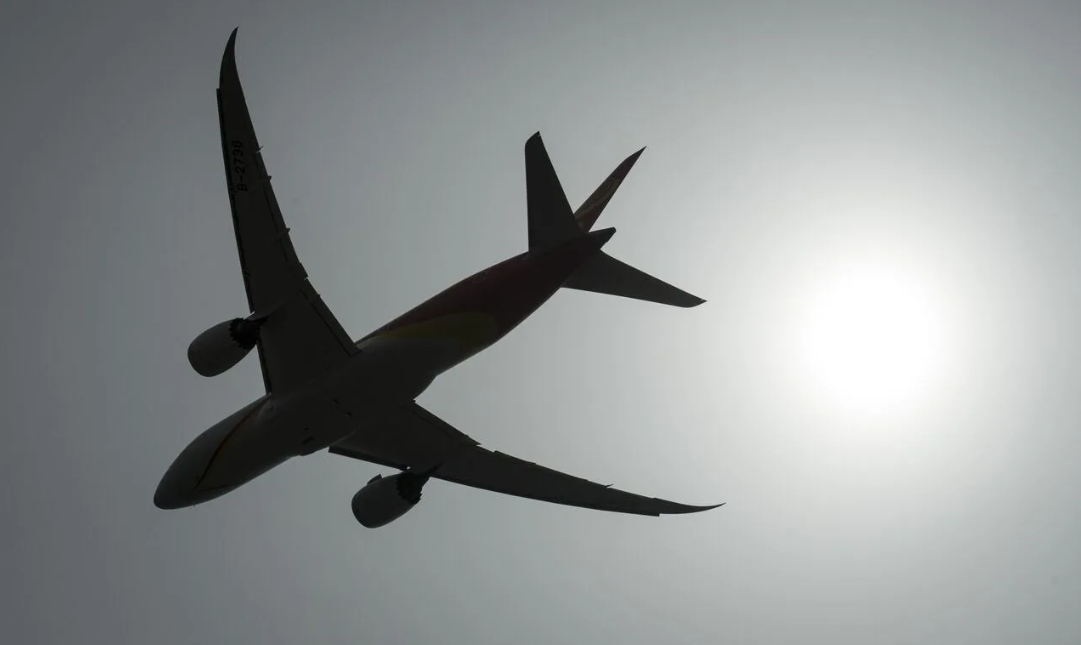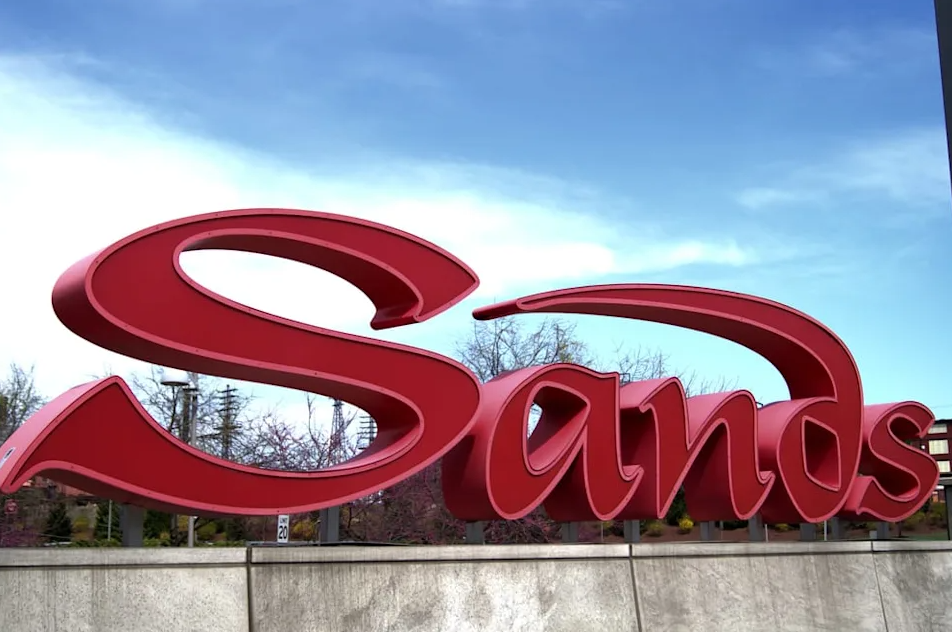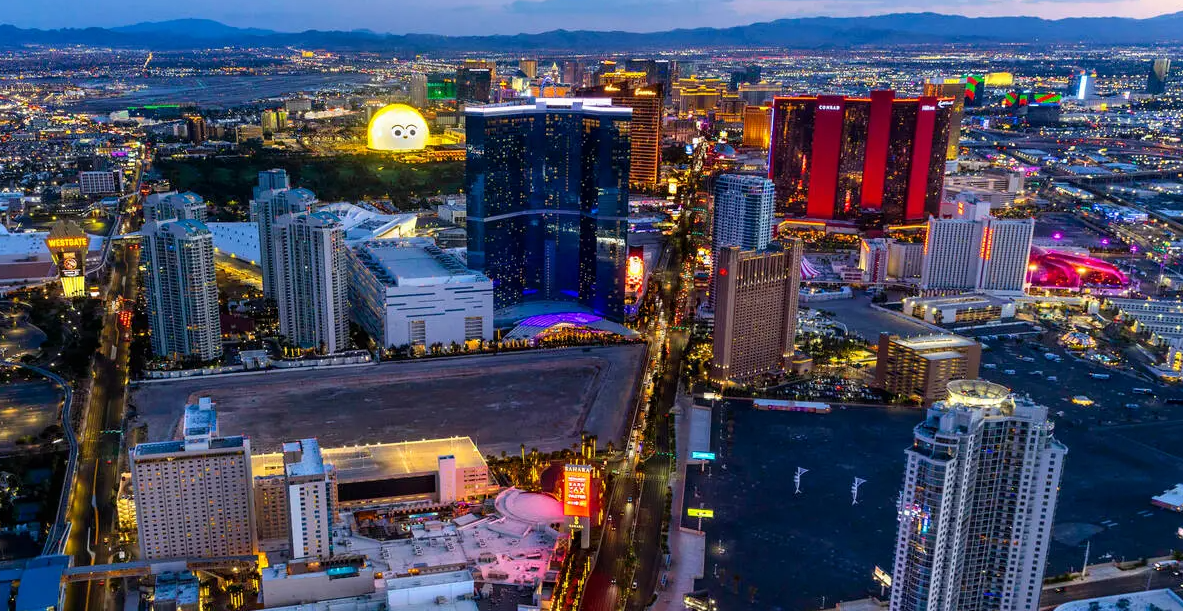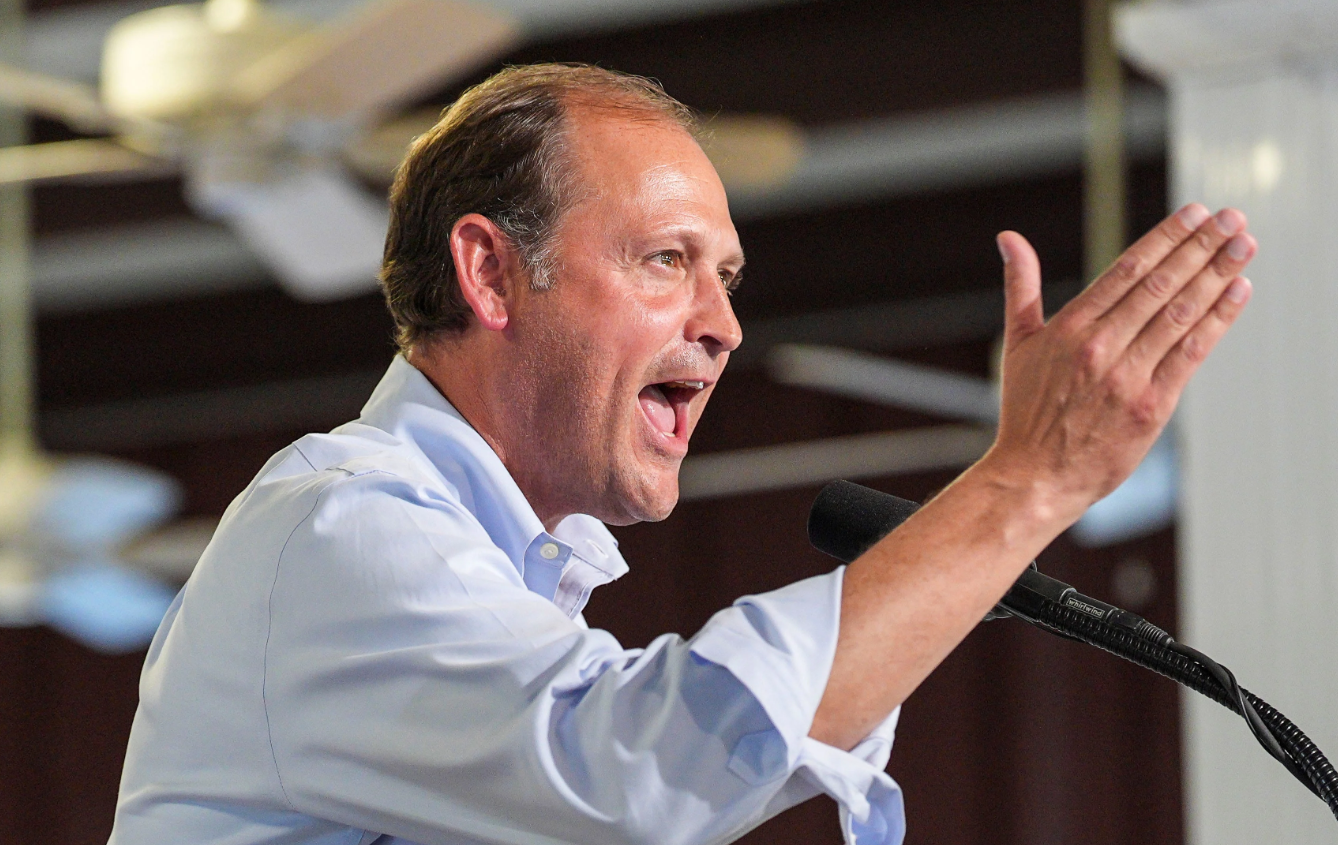Las Vegas tourism crisis deepens as workers face 50% drop in tips amid economic uncertainty
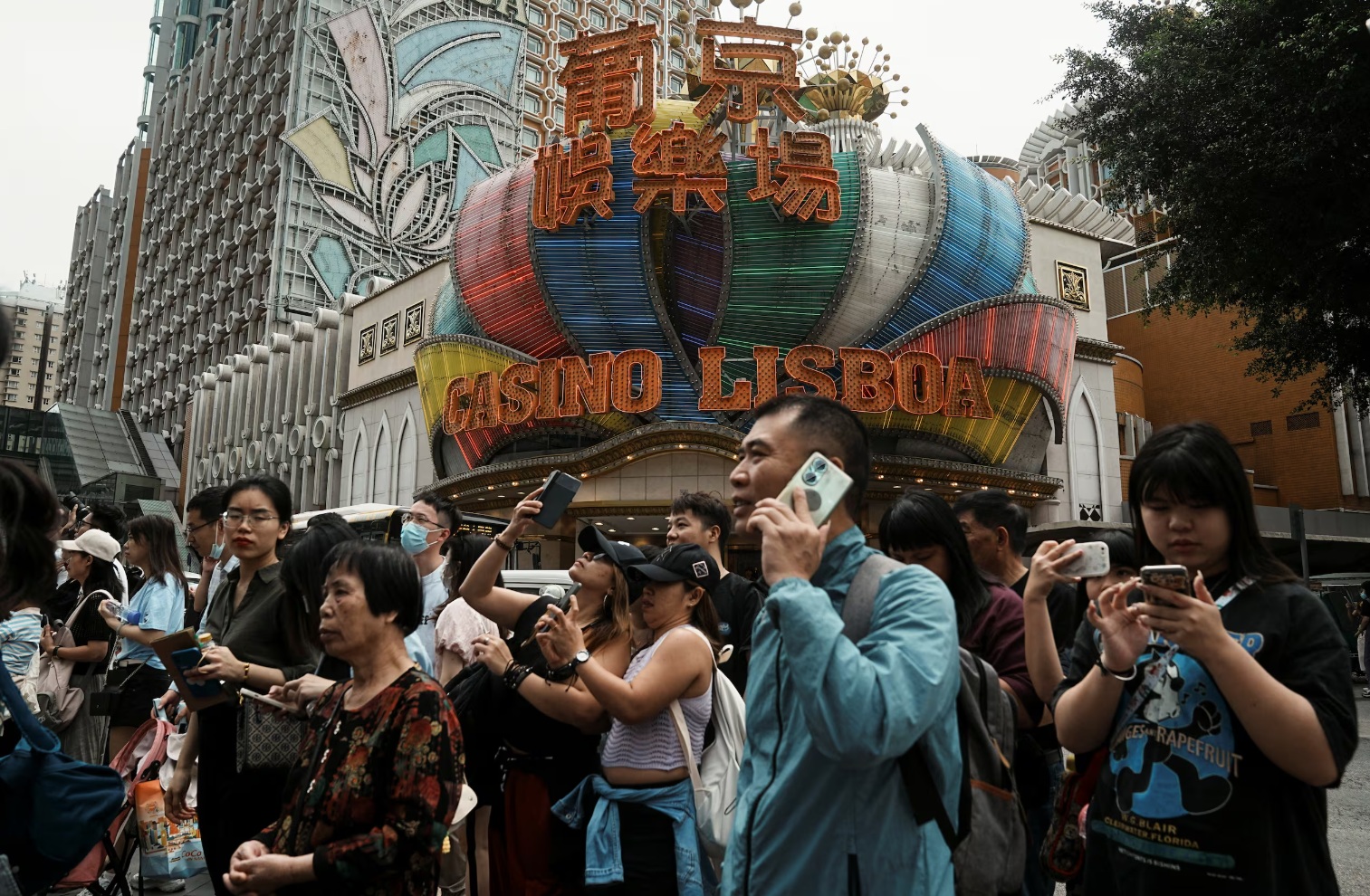
Las Vegas, long considered the U.S. economic barometer, is experiencing its worst tourism slump since the 2008 financial crisis, with service workers reporting tip income has plummeted below half of normal levels as visitors abandon Sin City in unprecedented numbers.
The numbers tell a stark story
Recent data from the Las Vegas Convention and Visitors Authority (LVCVA) reveals the severity of the decline:
- Visitor numbers dropped 6.5% in the first five months of 2025
- June hotel occupancy fell 14.6% year-over-year
- Revenue per available room (RevPAR) plunged 19.2%
- Strip gaming revenue decreased 3.9%
- Foot traffic on the Strip down 7.8% in June
- Harry Reid International Airport saw 318,000 fewer passengers in June alone
The decline marks six consecutive months of year-over-year decreases, with June experiencing an 11.3% drop – nearly 400,000 fewer visitors compared to 2024.
Workers bear the brunt
For the 180,000 Las Vegas metropolitan area residents who rely on tip income, the crisis has become personal. Service industry workers are experiencing devastating financial impacts:
“When I’m clocking in in the morning, I look and – wow, it’s pretty empty in here,” said Shaleah Taylor, a housekeeper at Aria, describing the eerie quiet of once-bustling casinos.
Tattoo artist Charlie Mungo told the Wall Street Journal his monthly income has fallen from $3,000-$6,000 during the post-COVID boom to just $1,500 now. “No tax on tips, that’s a rad thing. But it doesn’t really do us much good if there isn’t any people to get tips from,” he said.
Why tourists are staying away
Multiple factors have converged to create this perfect storm:
Soaring prices: Since the pandemic, average hotel room rates have skyrocketed 50%. The Bellagio hotel faced social media backlash for charging $26 for a bottle of water from minibars. A cheeseburger on the Strip now costs $30.95, nearly double the $16.95 price from four years ago.
International tensions: Canadian visitors, who comprise Las Vegas’ largest international market at 30% of foreign tourists, have dramatically reduced travel amid trade disputes and political tensions. Air Canada passengers dropped 13.9% and WestJet 18.4% year-to-date.
Economic uncertainty: Rising inflation, higher interest rates, and general economic anxiety have made discretionary spending on Las Vegas trips increasingly difficult for middle-class Americans.
Visa and immigration concerns: New policies requiring visa deposits and heightened immigration enforcement have deterred international visitors, particularly from Mexico and China.
Las Vegas as economic indicator
“It tends to be a signal for potentially where the economy’s headed,” said Andrew Woods, director of the Center for Business and Economic Research at UNLV. “It’s an old saying that if the economy sneezes, Vegas gets the flu,” added Ted Pappageorge of the Culinary Workers Union.
The city’s absolute reliance on discretionary spending – gambling, dining, entertainment, and shopping – makes it uniquely vulnerable to consumer sentiment shifts.
Industry response and adaptation
Facing potential losses of $600 million this year, the casino industry is scrambling to respond:
- Some hotels have begun eliminating resort fees and extra charges
- The city is aggressively pursuing major sporting events like Formula 1 and the Super Bowl
- Efforts to attract younger, non-gambling tourists through concerts, esports, and immersive experiences
- Special promotions targeting Canadian visitors during NHL playoffs
Employment crisis looms
The tourism decline threatens Las Vegas’ employment landscape, where 22.6% of jobs are tourism-related:
- Job growth has fallen below the national average for the first time since COVID
- The hotel and casino union warns of potential large-scale layoffs
- Metropolitan area employment decreased 0.2% year-over-year, contrasting with national job growth
Looking ahead
Economists remain divided on whether this represents a temporary correction or the beginning of a prolonged downturn. The city’s ability to weather this storm depends on multiple factors beyond its control – from federal immigration policies to global economic conditions.
“Las Vegas is no longer a bargain destination,” noted casino consultant Oliver Lovat, highlighting how the city’s evolution has priced out many traditional visitors.
As one worker told News 3 Las Vegas: “I’m worried. Like, what are we going into? What’s gonna happen?” That uncertainty now defines daily life in a city built entirely on the promise of endless entertainment and opportunity.
Image Sources: https://biz.chosun.com/en/en-international/2025/08/11/PWBRNEWHDZEXFLOOWMKGOSELQA/
Category: Business
Subcategory: Economic Analysis
Date: 08/11/2025

